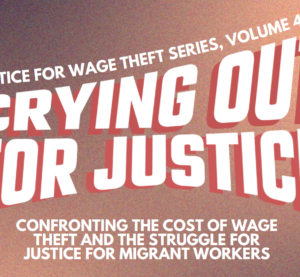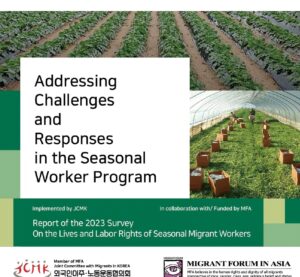GFMD to conduct study in Bangladesh
— July 21, 2007The Global Forum on Migration and Development (GFMD) in Belgium has selected Bangladesh for conducting a feasibility study to assess the involvement of banks and other financial institutions in lending resources to migrants and their families.
The study aims at suggesting ways to reduce migration cost and its risks in the destination countries.
The decision was taken against the backdrop where migrants from developing countries who pay high to migrate are likely to become liabilities for their poor households once they return home with inadequate income.
Dr Hamidur Rashid, director of the Ministry of Foreign Affairs, Salauddin Akbar, deputy secretary of the Ministry of Expatriates’ Welfare and Overseas Employment, Shahidul Haque, regional representative of International Organisation for Migration (IOM) for South Asia, and Syed Saiful Haque of Welfare Association of Repatriated Bangladeshi Employees, participated in the GFMD held on July 9-11 from Bangladesh.
It was decided at the panel discussion of a session styled “Role of other-than government partners in strengthening the developmental contribution of temporary labour migration” that Bangladesh will implement the feasibility study project in assistance with the IOM, the Philippines and Sri Lanka, Shahidul told The Daily Star on Thursday. The session was chaired by Bangladesh.
The first GFMD, an inter-governmental informal consultative process, hosted by the Belgium government drew some 800 delegates from more than 140 countries. The second GFMD will be held next year in the Philippines.
At the session Dr Rashid presented a paper prepared in assistance with the IOM Regional Office in Dhaka and the GFMD Taskforce in Brussels.
The paper proposed that loans from banks or micro-financing institutions could be given to aspirant migrant workers to pay the initial migration cost that includes recruitment fees, plane fares and documentation fees.
“If a bank agrees to give a loan to a prospective migrant, then it would be in the best interest of the bank to ensure that the worker receives the best possible employment contract and his or her rights are respected,” the paper said.
To prevent non-repayment of the loan, the bank would exercise due diligence to reduce contractual imperfections, Rashid observed, adding that it could be less risky for the bank if the loan agreement stipulates that the worker would remit his or her income through the bank.
The paper also proposed setting up of migration resource centres (MRC) in both countries sending and receiving manpower since most migrants are not skilled in the languages of the destination countries, or acquainted with their social and cultural norms and working conditions.
Shahidul said MRCs are functioning in some manpower-sending countries like Bangladesh and the Philippines, but there are no MRCs in the destination countries.
_________________________
Porimol Palma



